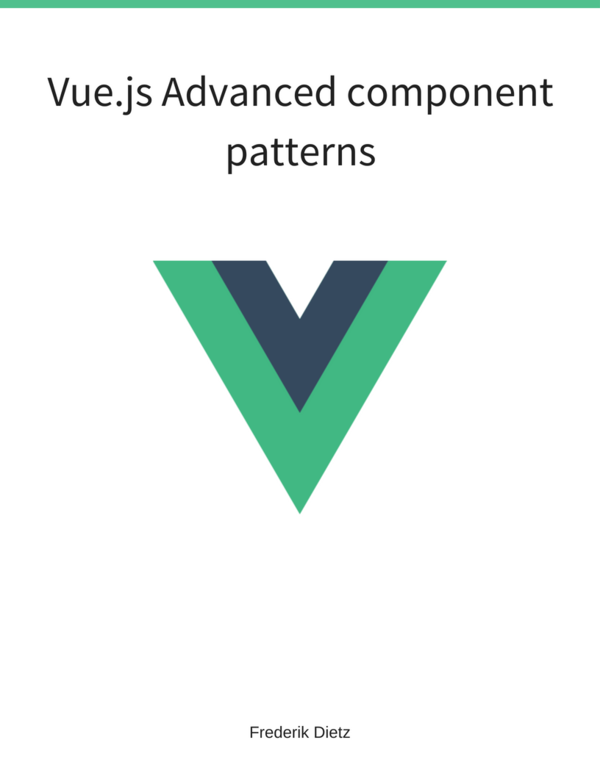Sharing Models Between Nested Controllers
Problem
You wish to share a model between a nested hierarchy of controllers.
Solution
Use Javascript objects instead of primitives or direct $parent scope references.
Our example template uses a controller MyCtrl and a nested controller MyNestedCtrl:
<body ng-app="MyApp">
<div ng-controller="MyCtrl">
<label>Primitive</label>
<input type="text" ng-model="name">
<label>Object</label>
<input type="text" ng-model="user.name">
<div class="nested" ng-controller="MyNestedCtrl">
<label>Primitive</label>
<input type="text" ng-model="name">
<label>Primitive with explicit $parent reference</label>
<input type="text" ng-model="$parent.name">
<label>Object</label>
<input type="text" ng-model="user.name">
</div>
</div>
</body>The app.js file contains the controller definition and initializes the scope with some defaults:
var app = angular.module("MyApp", []);
app.controller("MyCtrl", function($scope) {
$scope.name = "Peter";
$scope.user = {
name: "Parker"
};
});
app.controller("MyNestedCtrl", function($scope) {
});Play around with the various input fields and see how changes affect each other.
Discussion
All the default values are defined in MyCtrl which is the parent of MyNestedCtrl. When making changes in the first input field, the changes will be in sync with the other input fields bound to the name variable. They all share the same scope variable as long as they only read from the variable. If you change the nested value, a copy in the scope of the MyNestedCtrl will be created. From now on, changing the first input field will only change the nested input field which explicitly references the parent scope via $parent.name expression.
The object-based value behaves differently in this regard. Whether you change the nested or the MyCtrl scopes input fields, the changes will stay in sync. In Angular, a scope prototypically inherits properties from a parent scope. Objects are therefore references and kept in sync. Whereas primitive types are only in sync as long they are not changed in the child scope.
Generally I tend to not use $parent.name and instead always use objects to share model properties. If you use $parent.name the MyNestedCtrl not only requires certain model attributes but also a correct scope hierarchy to work with.
Tip: The Chrome plugin Batarang simplifies debugging the scope hierarchy by showing you a tree of the nested scopes. It is awesome!
